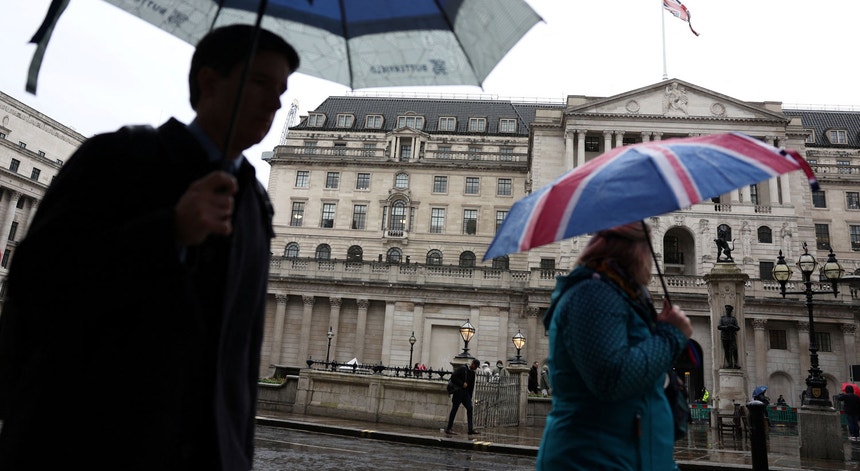Poor growth follows British GDP will fall by 0.3 percent in the last quarter of 2023, after a contraction of 0.1 percent in the July-September period. The UK Office for National Statistics, ONS, said, confirming the scenario of a technical recession at the end of last year. A recession is defined by two consecutive quarters of contraction.
“All major sectors slowed in the quarter, with manufacturing, construction and wholesale sales the biggest drag on growth, marginally offset by growth in hotels, car hire and machinery,” Liz McKeown, director of the Office for National Statistics, said in a statement.
The decline in economic activity between October and December 2023 was broad across all sectors, with services recording a contraction of 0.2 percent, while production activities fell by one percent and construction by 1.3 percent.
UK GDP expanded by just 0.2% in the first quarter of 2023, after remaining stagnant between April and June last year and falling by 0.1% in the third quarter and 0.3% in the fourth quarter.
Thus, the Office for National Statistics estimates that in 2023, UK GDP will rise by just 0.1%, which will be Weakest annual change in GDP since 2009When the economy was still suffering from the effects of the global financial crisis, Exception made until 2020a year affected by the Covid-19 pandemic.
McKeown said 2022 saw growth of 4.3 percent, but “throughout 2023, the economy as a whole has been generally flat.”
The impact of these revelations could quickly be reflected in the opinion polls, with Labor already holding a significant advantage over Sunak's Conservatives ahead of the legislative elections at the end of the year.
Hunt's optimism
“While the shallow depth of this recession is comforting, The numbers also confirm that our economy remains stuck in a cycle of continuous recession In 2023,” said Suren Thero, director of economics at the Institute of Chartered Accountants in England and Wales.
However, the UK finance chief was not impressed and preferred to recall previous expectations from the Bank of England that had not been met.
Jeremy Hunt favored optimism and stressed that his economic plans are achieving positive results. Despite its weakness, there is actually a light at the end of the recessive and practically stagnant tunnel.
Last month, several analysts consulted by Reuters indicated expectations of economic growth of 0.1 percent in the first and second quarters of 2024, rising slightly to 0.2 percent in the second and fourth periods of the year, when legislative measures must be taken for the elections. place.
That is growth well below the quarterly average of 0.5 percent seen in the previous five years before the pandemic but still higher than the Bank of England's estimate.
Hunt is expected to announce further tax cuts when he announces his budget on March 6, which could have a positive economic impact.
Last November, Sunak and Hunt announced tax cuts for workers alongside cuts in social contributions, which began in January. In April, low-income families will get another boost when the minimum wage rises by about 10%.
Other indicators
Wednesday, Financial Times It was announced that Jeremy Hunt is also preparing to announce another £1 billion in cuts to the general budget to fund his tax cuts.
Inflation is a factor to monitor. Household income suffered a significant decline in October 2022, when it reached 11.1 percent. A record in 41 years. Since then, this rate has been declining, more noticeably in recent months, but this trend may reverse by the end of the year.
After all that Wages have risen faster than inflation, About six percent year on year by the end of 2023, which raises the pressure somewhat. In recent months, confidence among consumers has increased.
Unemployment is expected to increase in 2024, when businesses begin to feel the impact of sharp interest rate hikes issued by the Bank of England between December 2021 and August 2023.
But unemployment is estimated to grow by 4.6% at the end of 2024, lower than the initial forecast of 4.9%.Much lower than in 2011, for example, when the UK, which was still recovering from the global financial crisis, reached 8.1%.
(with agencies)

“Writer. Analyst. Avid travel maven. Devoted twitter guru. Unapologetic pop culture expert. General zombie enthusiast.”

